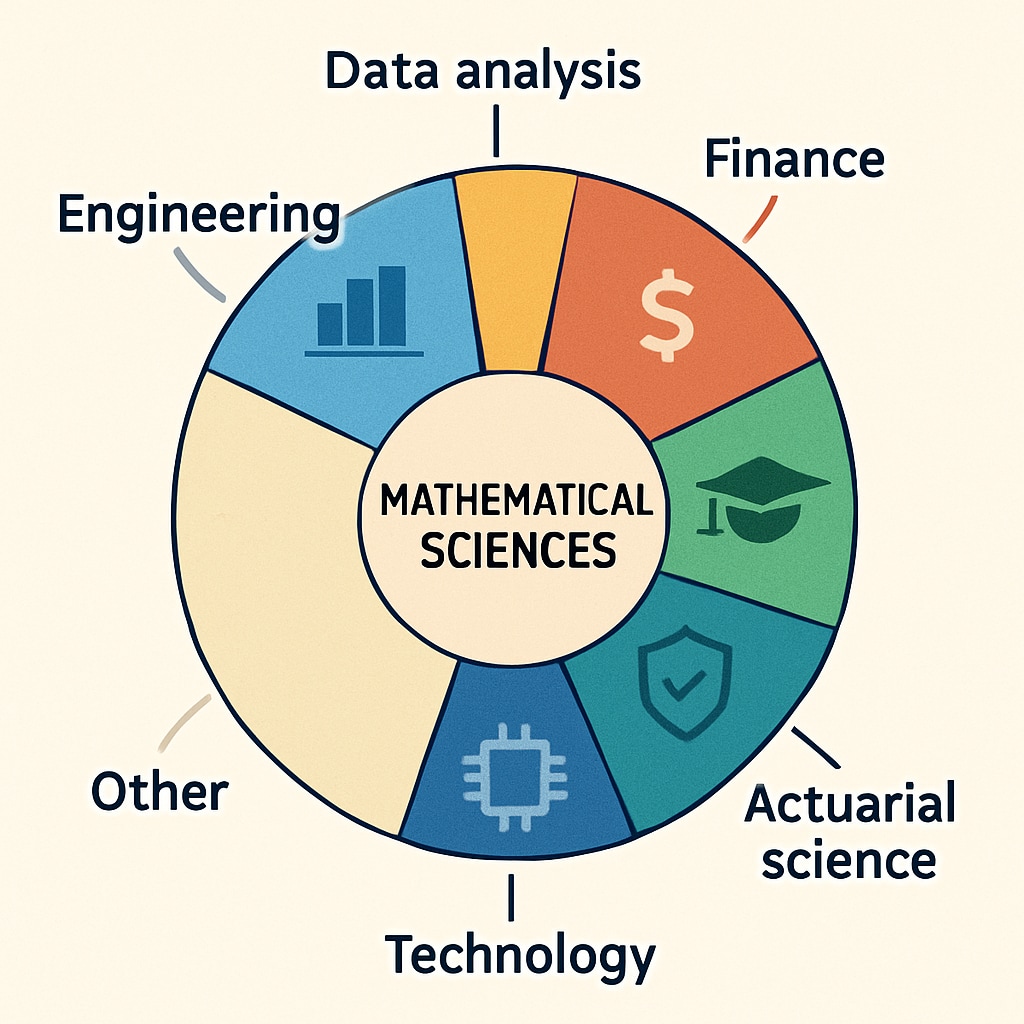For 16-year-old high school students with a passion for mathematics and science, choosing the right college major can feel both exciting and overwhelming. The process of major selection, mathematical sciences, and college application requires careful planning and introspection. This article offers a step-by-step guide to make informed decisions based on personal interests, strengths, and future career aspirations.
Understanding Your Passion: The First Step in Major Selection
Before diving into college applications, it’s crucial to take a step back and reflect on your personal interests and abilities. For students who love mathematics and science, this often means identifying specific areas within these broad fields that capture your enthusiasm. Do you enjoy theoretical problem-solving, or are you more drawn to real-world applications? Are you fascinated by pure mathematics, applied physics, data analysis, or engineering design?
To facilitate self-discovery, consider the following activities:
- Take personality and career-oriented assessments, such as the Myers-Briggs Type Indicator (MBTI) or Strong Interest Inventory.
- Review your academic achievements and extracurricular activities. Which classes or projects excited you the most?
- Talk to teachers, mentors, and even older students who have pursued similar interests.
This initial exploration can help you narrow down your focus and align your strengths with potential career paths.

Exploring Academic and Career Options in Mathematical Sciences
The field of mathematical sciences is vast, encompassing disciplines such as statistics, computer science, engineering, actuarial science, and physics. Each of these areas leads to diverse and rewarding career opportunities. To make an informed choice, it’s essential to understand what each discipline involves and how it connects to your interests.
Here are some popular options within the mathematical sciences:
- Pure Mathematics: Focuses on abstract concepts and theoretical frameworks. Ideal for those interested in academic research or teaching.
- Applied Mathematics: Combines mathematical theories with practical applications in fields like engineering, biology, and finance.
- Computer Science: Explores algorithms, programming, and data structures. A rapidly growing field with applications in AI, cybersecurity, and software development.
- Statistics and Data Science: Utilizes quantitative methods to analyze and interpret data, essential in industries like healthcare, business, and technology.
- Physics and Engineering: Applies mathematical principles to solve real-world problems, from designing bridges to exploring quantum mechanics.
To deepen your understanding, explore free online resources such as Khan Academy or take introductory courses on platforms like Coursera and edX.

Gaining Practical Experience: Bridging Passion and Reality
While academic exploration is important, gaining hands-on experience is equally vital to ensure that your interests align with your chosen field. Practical experiences can provide a clearer picture of day-to-day responsibilities and the work environment in different careers.
Here’s how you can gain relevant experience:
- Internships and Job Shadowing: Reach out to local companies, universities, or research labs for opportunities to observe professionals in action.
- Competitions and Projects: Participate in math olympiads, coding competitions, or science fairs to challenge yourself and apply your skills.
- Volunteering: Offer your skills to community projects, such as tutoring younger students or assisting in data analysis for non-profits.
These experiences not only strengthen your college application but also help you refine your career goals.
Making the Final Decision and Preparing for College Applications
After thorough self-reflection, academic exploration, and practical experience, it’s time to make a decision. Start by listing your top choices and evaluating them based on the following criteria:
- Alignment with your passion and strengths
- Career prospects and industry demand
- Specific programs and faculty expertise at prospective universities
Once you’ve made your choice, begin preparing for the college application process. Highlight your passion for mathematical sciences in your personal statement, and showcase your extracurricular achievements and hands-on experiences. For more guidance, refer to comprehensive resources like College Board.
In conclusion, choosing a college major is a pivotal decision that should be informed by your personal interests, academic strengths, and practical experiences. By following this structured approach, 16-year-old students passionate about mathematics and science can confidently navigate the major selection, mathematical sciences, and college application journey, paving the way for a fulfilling academic and professional career.
Readability guidance: Use short paragraphs and lists to summarize key points; ensure smooth transitions between sections. Minimize passive voice and long sentences while maintaining a professional tone.


